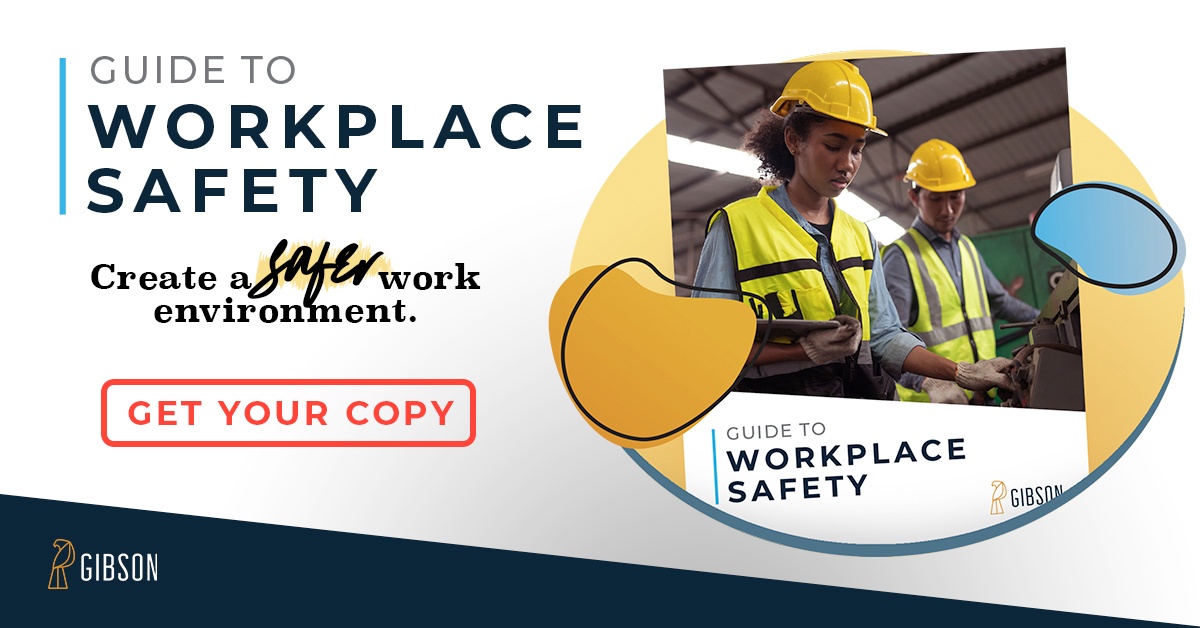 Many companies rely on transportation to make their business work. From trucking and recreational vehicle companies, to municipal governments, to food and beverage distributors, there are millions of businesses that manage vehicle fleets designed to move people and/or goods from place to place. For these organizations, a good fleet management program can minimize and, in some cases, eliminate the risks associated with vehicle investment, driver safety, transportation costs and more.
Many companies rely on transportation to make their business work. From trucking and recreational vehicle companies, to municipal governments, to food and beverage distributors, there are millions of businesses that manage vehicle fleets designed to move people and/or goods from place to place. For these organizations, a good fleet management program can minimize and, in some cases, eliminate the risks associated with vehicle investment, driver safety, transportation costs and more.
What Is Fleet Management?
Simply put, fleet management is the coordination of a company's vehicles and transportation services. Fleet management should include factors like vehicle maintenance, driver selection, training, monitoring performance, providing feedback, changing behavior that does not meet expectations, and documenting policies and action. All of which should be included in a comprehensive risk management policy.
Benefits Of Fleet Management
You can save time, money, and energy by reducing the risk your drivers face on the roads. The best way to deal with liability issues is to get out in front of them with a risk management approach to your company's fleet.
The underlying idea behind risk management is to control liabilities in order to minimize negative outcomes and increase opportunities into the future. Company's that fail to take into account the economic and safety implications of fleet management do so at their own peril.
Fleet Management And Liability
According to the National Highway Traffic Safety Administration, the leading cause of industrial fatalities stem from fleets and their (mis)management. The cost to employers is substantial, with the average liability for an employee-driver accident over $15,000. If the accident produced an injury, that cost rises to over $70,000, and the employer could be looking at a half-million dollar liability if the accident resulted in a fatality.
Data from the American Society of Safety Engineers shows that from 2003 to 2008, truck transportation companies had the highest liability, followed by waste management firms and companies specializing in the delivery of petroleum.
In addition to potential liability, employers face workers’ compensation costs resulting from industrial motor vehicle mishaps of nearly two billion dollars annually.
All of this data serves to underscore the importance of incorporating a fleet management policy into your company's liability assessment and risk management strategy.
Ways To Navigate Your Fleet
Failing to take into account the importance of fleet management to your business' continued success could result in a loss of name reputation, onerous legal fees, and unmanageable increases in insurance premiums. The good news is that there are a number of steps employers can take to reduce their fleet management risks.
Motor Vehicle Records And Training
Qualified drivers who are well trained not only reduce your corporate overhead, they reduce the risk of harm to other drivers and the general public. At a minimum, executives overseeing fleet management should request to see an applicant's motor vehicle record and ensure that applicants undergo both practical, hands-on training as well as online instruction.
If applicants know beforehand that their motor vehicle record is a key factor for employment, your eventual fleet management team will have fewer liabilities to handle later because applicants with on-the-job crashes or indications of poor driving will not make it through the preliminary application process.
For those potential employees who make it past the initial review of their motor vehicle record, a comprehensive outline of the company's safety policy as well as training in the vehicle which the employee will eventually operate (if not already experienced with that vehicle) would both be measures that bolster the safety of your fleet.
By making it clear from the outset what your company expects in terms of safety, you can isolate poor drivers and correct poor driving habits in otherwise responsible drivers before they become a liability for your company and its operations.
Data And Customized Employee-Driver Training
Finding out which of your employee-drivers require remedial assistance is essential to dealing with liabilities before they threaten your fleet's success. Tracking the safety profiles of particular drivers, especially new recruits, and the track record of certain kinds of vehicles, like at risk fleets, can help you reach and exceed employee-driver performance benchmarks.





